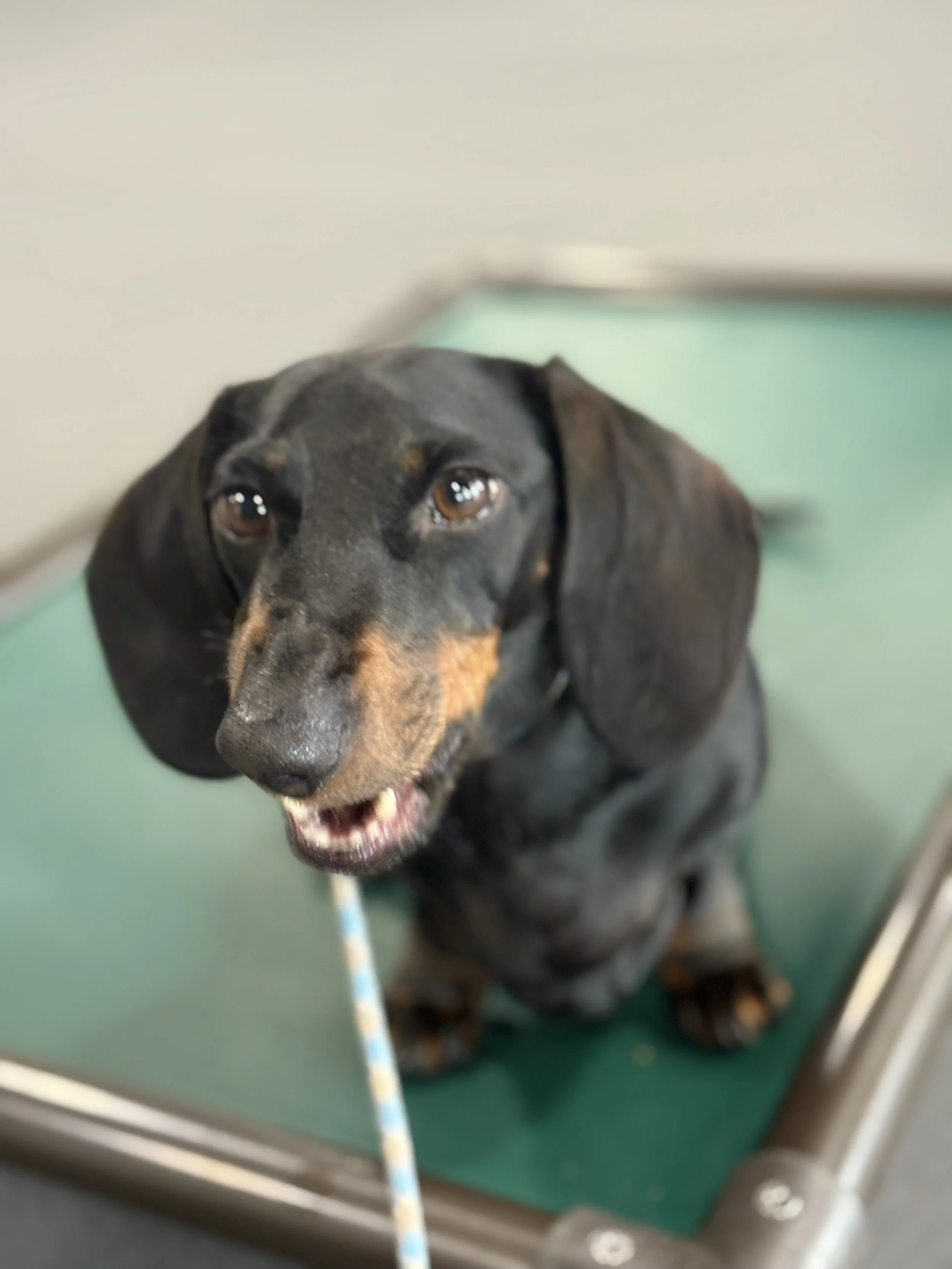Puppy Puberty: What to Expect and How to Handle It
You’ve made it through the whirlwind of puppyhood—potty training, sharp little teeth, endless energy—and just when things start to feel easier, something new pops up: puppy puberty. This developmental stage usually hits between 6 months and 1.5 years, depending on the breed. Just like human teenagers, adolescent dogs experience major hormonal changes that can impact their behavior.
What Happens During Puppy Puberty?
As hormones kick in, your once sweet, attentive puppy may suddenly seem like they don’t even know you. Common changes include:
Ignoring their name – Selective hearing is real!
Increased independence – Your dog may prefer exploring over staying by your side.
Fear periods – They might become startled or wary of things they’ve seen countless times before.
Testing boundaries – Jumping, ignoring commands, or pushing back on rules.
Signs of aggression – Guarding, reactivity, or snarkiness may appear as confidence and hormones grow.
This stage can feel frustrating, but it’s completely normal.
You’re Not Failing—This is Part of Growing Up
Many owners feel discouraged when their dog suddenly “forgets” training or begins displaying new, unwanted behaviors. It’s important to know: you are not failing. Puppy puberty is simply a developmental stage, and your dog needs guidance to navigate it successfully.
How to Support Your Adolescent Dog
The good news is, you don’t need to reinvent the wheel. Most dogs just need a refresher in structure, boundaries, and training. Here’s how to help:
Revisit the Basics
Go back to practicing simple commands like sit, down, stay, and come. Short, frequent sessions help rebuild reliability.Follow Through
If you ask your dog to do something, make sure they complete the task. Consistency builds trust and reinforces that you mean what you say.Maintain Structure
Keep routines predictable—set feeding times, regular walks, and rest periods. Structure provides comfort during this chaotic stage.Don’t Overreact to Fear Periods
If your pup suddenly spooks at the trash can they’ve walked past for months, stay calm and guide them through it gently. Avoid coddling, but don’t force them either.Reward Calmness and Good Choices
Catch your dog being good—relaxing quietly, ignoring distractions, or choosing to focus on you—and reward it. This teaches them that neutrality pays off.
Growing Into Adulthood
While puberty can be challenging, it’s temporary. With consistency, patience, and clear communication, your dog will come out the other side as a more reliable, confident companion. Remember, it’s not about perfection—it’s about progress.


